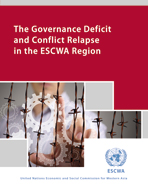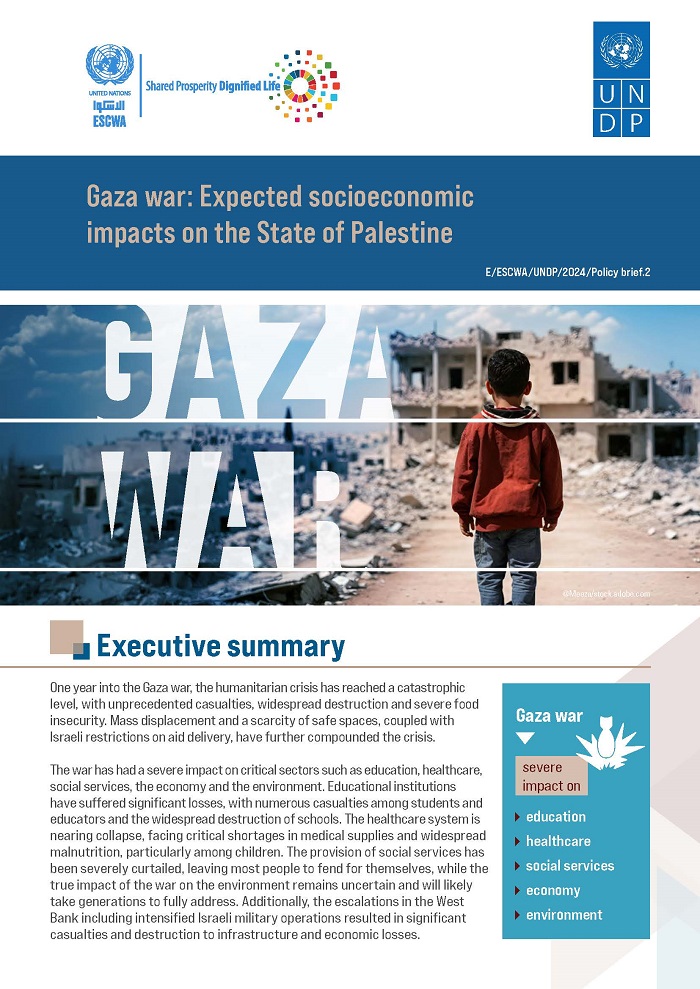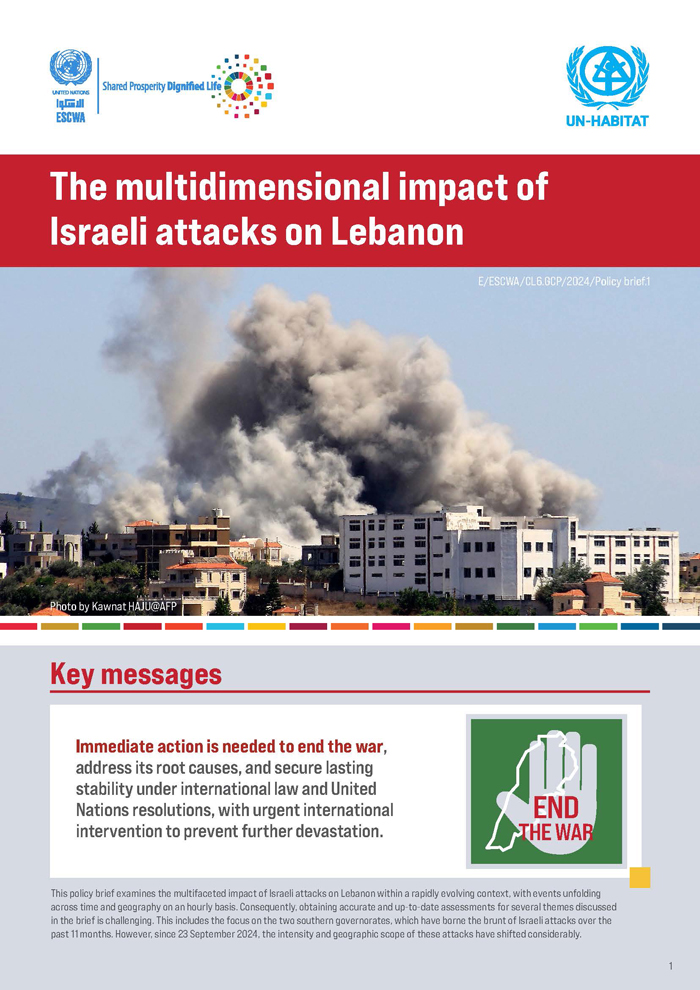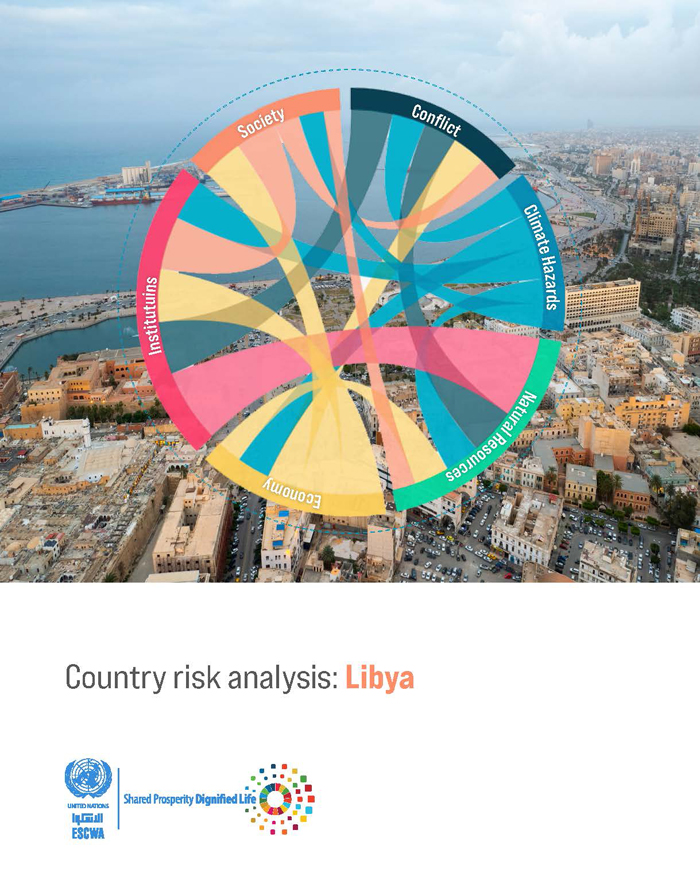
ESCWA Publication: E/ESCWA/ECRI/2011/1
Country: Arab region
Publication Type: Reports & studies
Cluster: Governance and Conflict Prevention
Focus Area: Resilient development & conflict prevention
Initiatives: Governance and institution building
SDGs: Goal 11: Sustainable Cities and Communities
Keywords: Arab countries, Armed conflicts, Economic development, Education, Governance, Infant mortality, Social development
The Governance Deficit and Conflict Relapse in the ESCWA Region
January 2011
The post-colonial socio-political landscape of the ESCWA region has witnessed a seemingly endless chain of conflict, fragile peace and constantly heightened levels of political tension, all of which have had negative ramifications for governance and socio-economic development in the region. Indeed, conflict, political tension, rentier economies and parochial systems of governance have undermined social cohesion, access to natural resources, inclusive growth, economic diversification, justice and peace itself. This study examines a series of mutually reinforcing, interacting variables, which shape the driving forces of the governance deficit, forming a vicious cycle of governance deficit, conflict relapse and de-development. The links between development, governance and conflict are examined through two proxy indicators: infant mortality and education. Among the findings of the study are positive correlations between levels of repression and the risk of conflict onset, and between conflict in the region and conflict risk.
Related content
Resilient development & conflict prevention
,
The post-colonial socio-political landscape of the ESCWA region has witnessed a seemingly endless chain of conflict, fragile peace and constantly heightened levels of political tension, all of which have had negative ramifications for governance and socio-economic development in the region. Indeed, conflict, political tension, rentier economies and parochial systems of governance have undermined social cohesion, access to natural resources, inclusive growth, economic diversification, justice and peace itself. This study examines a series of mutually reinforcing, interacting variables, which shape the driving forces of the governance deficit, forming a vicious cycle of governance deficit, conflict relapse and de-development. The links between development, governance and conflict are examined through two proxy indicators: infant mortality and education. Among the findings of the study are positive correlations between levels of repression and the risk of conflict onset, and between conflict in the region and conflict risk.



